Good to know: How your diet affects your periods
By Nmami Agarwal 09-Jun 2017 Reading Time: 7 Mins

Most women limit their ‘period’ concerns with the frequency, inconvenience, and heaviness of the flow — a period earlier than 21 days or longer than eight is something to worry about, but a diet for them?
“Nah! My diet has little to do with my period!” most of us exclaim.
What we forget here is that menstruation is a hormonal activity at its foundation. The hormones involved, estrogen and progesterone, are essential for a woman’s health and are directly affected by our diets. Gaining weight drastically or losing it could wreak havoc on your cycle. Similarly, being underweight or overweight imbalances the level of estrogen in the blood leading to irregular periods.
So, here are seven ways you can have an easier and less stressful cycle:
For regulating the frequency
Improper nutrition throws your cycle off its track. So, make sure your diet is rich in vitamins and essential minerals from natural, unprocessed sources, such as oatmeal and lentils.
If you consume alcohol, never ever overdo it. Under the effect of alcohol, your liver isn’t able to metabolise your ‘period’ hormones resulting in a disrupted cycle.
When it comes to menstruation, fat is your friend; it helps in balancing hormones. Include the healthy ones in your diet, such as Omega-3 fatty acids found in seafood, nuts, and seeds.
For easing the cramps
One fruit that I’d recommend here is a Banana. This simple fruit is loaded with magnesium which elevates serotonin levels, enhancing moods and easing muscle cramps.
Another item I’d suggest is an Ayurveda certified antispasmodic tonic – Cinnamon tea (dal cheeni chai). When taken with some honey, it will warm your body from inside and calm your nerves
For fighting PMS
Premenstrual syndrome, the mental and physical effects of menstruation, shows itself in form of mood swings, fluctuations in weight, nausea, headaches, etc. This unpleasant situation can be handled by increasing the intake of calcium and vitamin D.
Simultaneously, cut down on caffeine and sugar if you don’t intend to exacerbate your PMS symptoms.
For pacifying hot flashes
Hot flashes hit you when the imbalance in the body’s estrogen levels starts interfering with body’s homeostasis. To calibrate this temperature regulation system, pop in some flaxseeds. It contains phytoestrogen which resets your hormone level naturally.
Do not forget that proteins form the basis of the hot-flash-relief-system. However, onlyconsume lean proteins that are not too fried or processed. Grilled and boiled proteins work the best.
For dampening mood swings
Quinoa is packed with iron and vitamin B12 which work wonders for terrible mood swings and that lethargic I-don’t- want-to-get-out-of-the-bed feeling.
I’m sure you love gorging on your favourite chocolates and icecreams during this time. Well, now you have the seal of a nutritionist telling you that they actually do help! Just be careful with the sugar quantity. A superb alternative is a frozen yogurt.
For gaining healthy weight
Most of us can give a piece if mind on this topic. But, remember we are talking about healthy weight; include whole grains in your diet, natural proteins, heart-healthy fats, and lots of fresh veggies.
Broccoli gets a special mention here: It is great for your gut bacteria and is enriched with detoxifying properties.
For optimising the flow
Heavy bleeding for two or more consecutive months often indicates low progesterone levels. This situation raises concerns for those who are already anaemic. To bring back the blood loss to normal, increase your intake of Vitamin E from vegetarian sources, such as almonds, spinach, sweet potato, and avocado.
While you can benefit from this free advice of Vitamin E, I strongly suggest you take this up with your gynaecologist for complete diagnosis of the issue.
Over to you
Keep this in mind that your uterine lining needs a steady supply of hormones to time itself and these hormones come from the diet. Eating too much or too little can disrupt your hormones and periods, so a balanced and nutrient-rich diet is essential.
Don’t let your cravings and busy schedule confuse your chemical messengers. A minor modification every day goes a long way.
Nmami Agarwal is the Founder and Chief Dietitian at Nmami Life, India’s fastest growing health and wellness brand. She advocates personalised nutrition and is a trusted counsellor to many celebrities and sportspersons.
Get in touch with her at diet@nmami.in, and follow her on social media @NmamiLife.
3 thoughts on “Good to know: How your diet affects your periods”
Leave a Reply
Your email address will not be published. Required fields are marked *

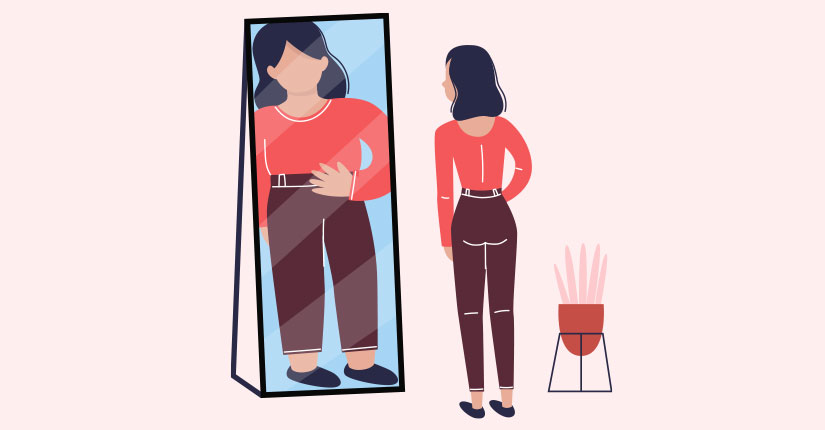
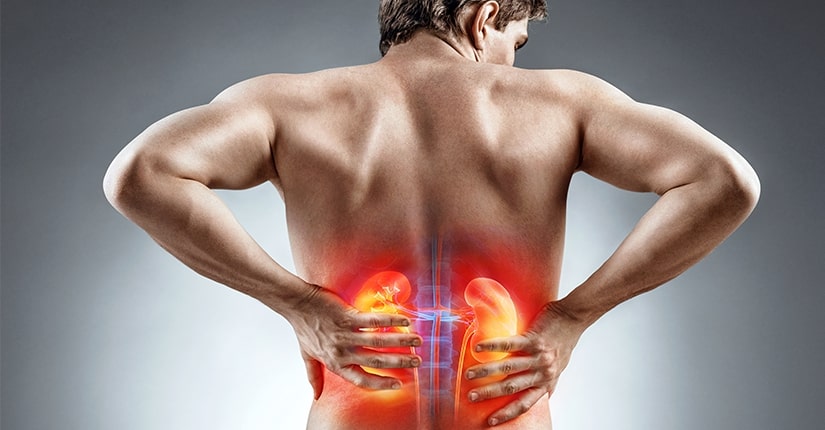
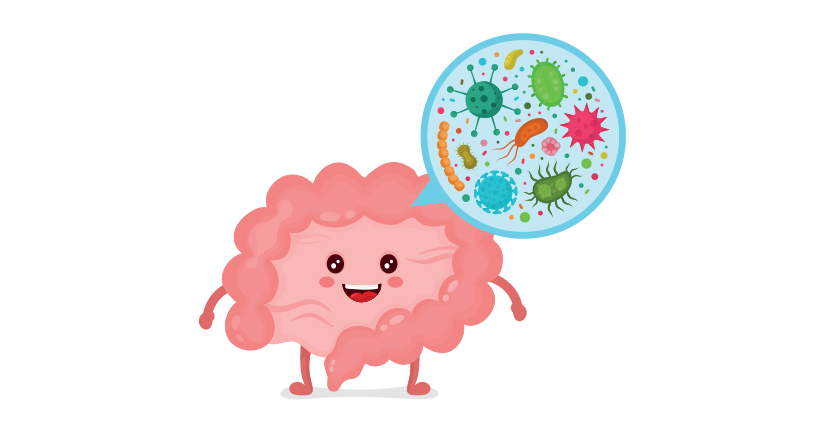

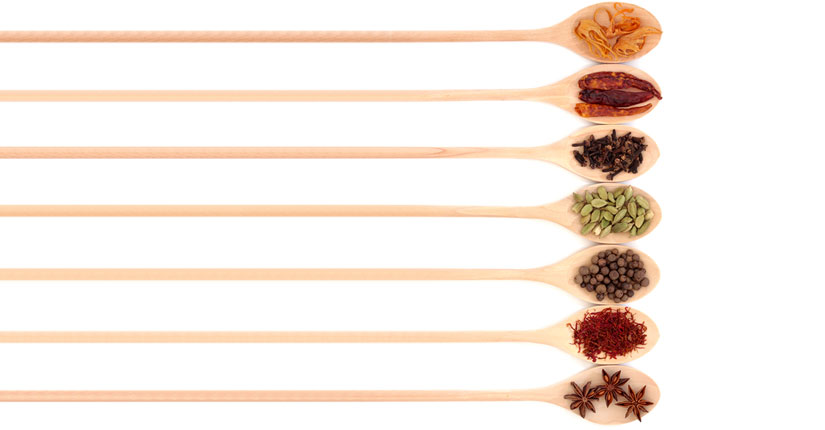







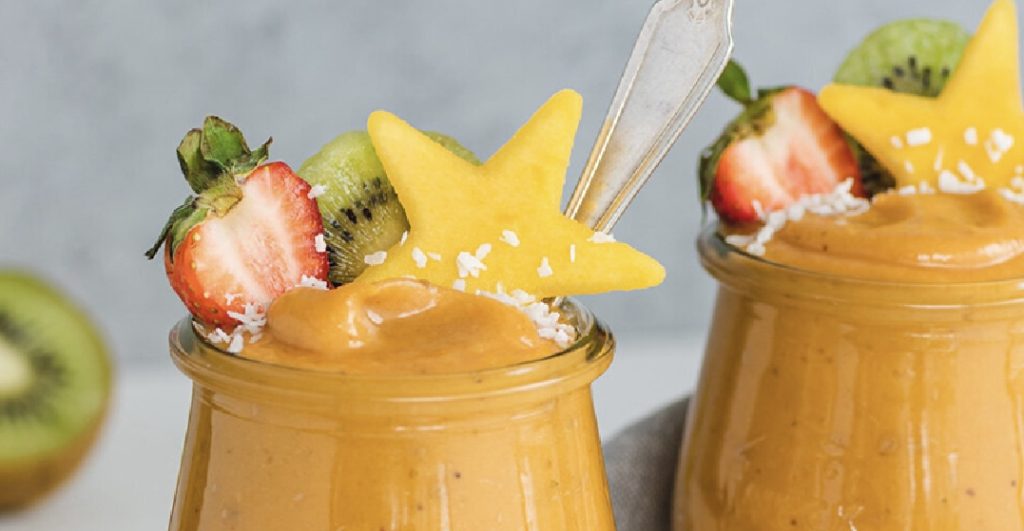

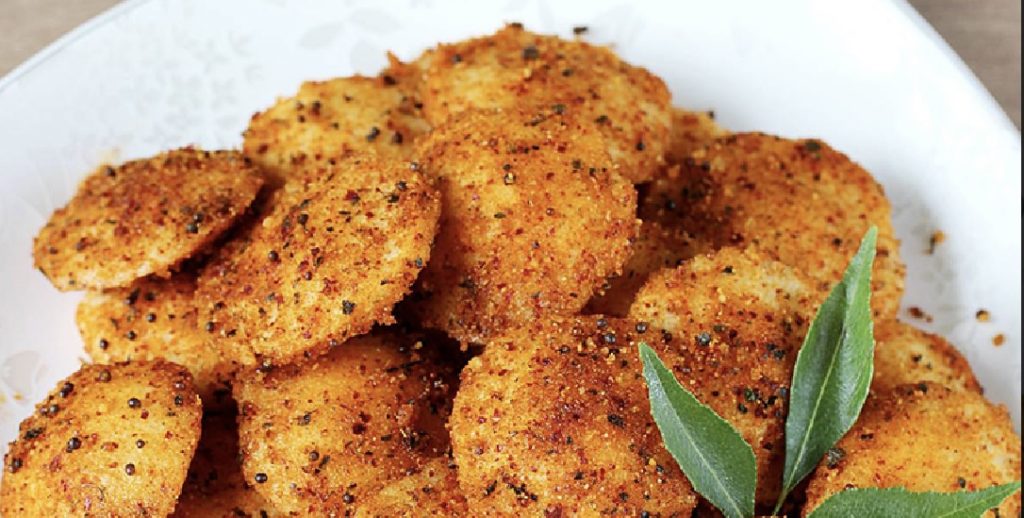
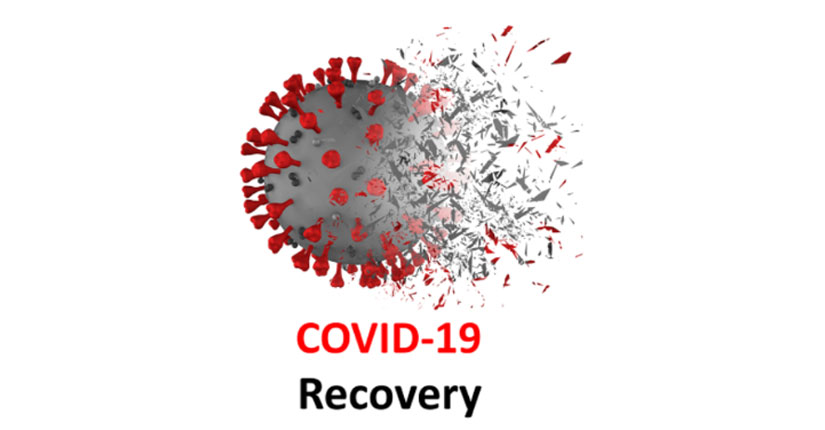
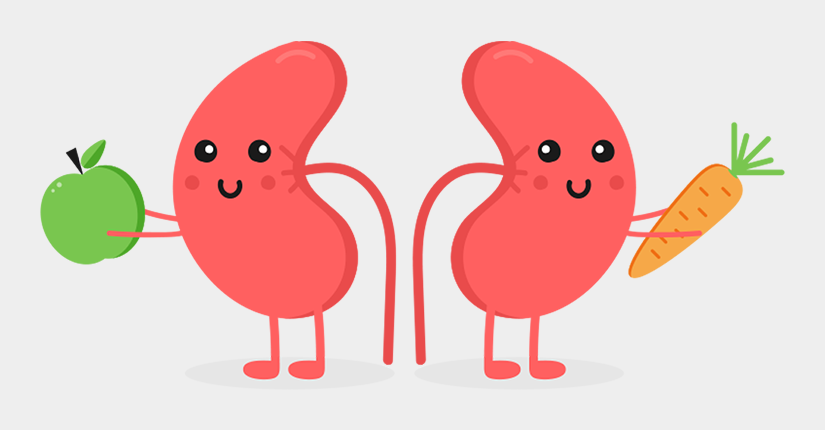
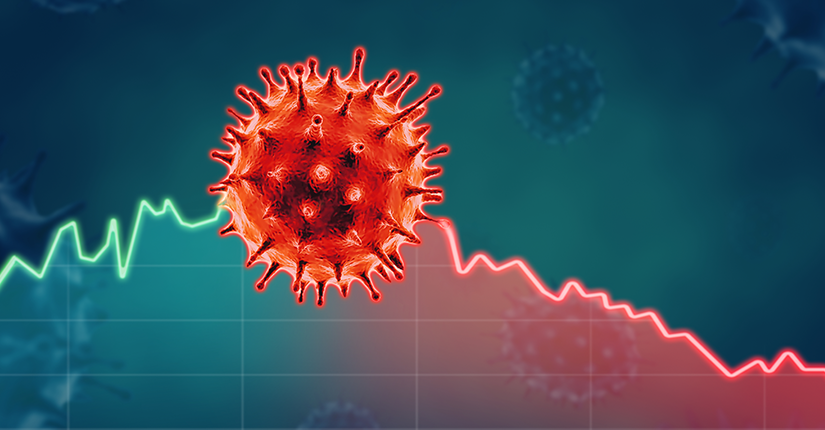
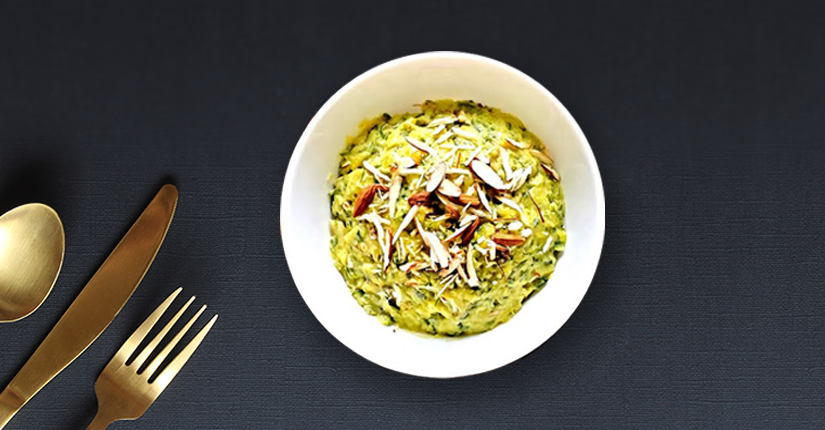

Tnq nmami all ur health updates r very informative n very educative
Tnq
hi,
I have period irregular problem,
Suggest me daily what diet(Foods) i need to follow to get rid of that.
Hi Prathima,
Thank You for reaching out to Nmami Life!
For a customized diet plan, requesting you to please fill the enquiry form – https://www.nmami.in/nmami-enquiry-form/
We will soon get in touch with you.